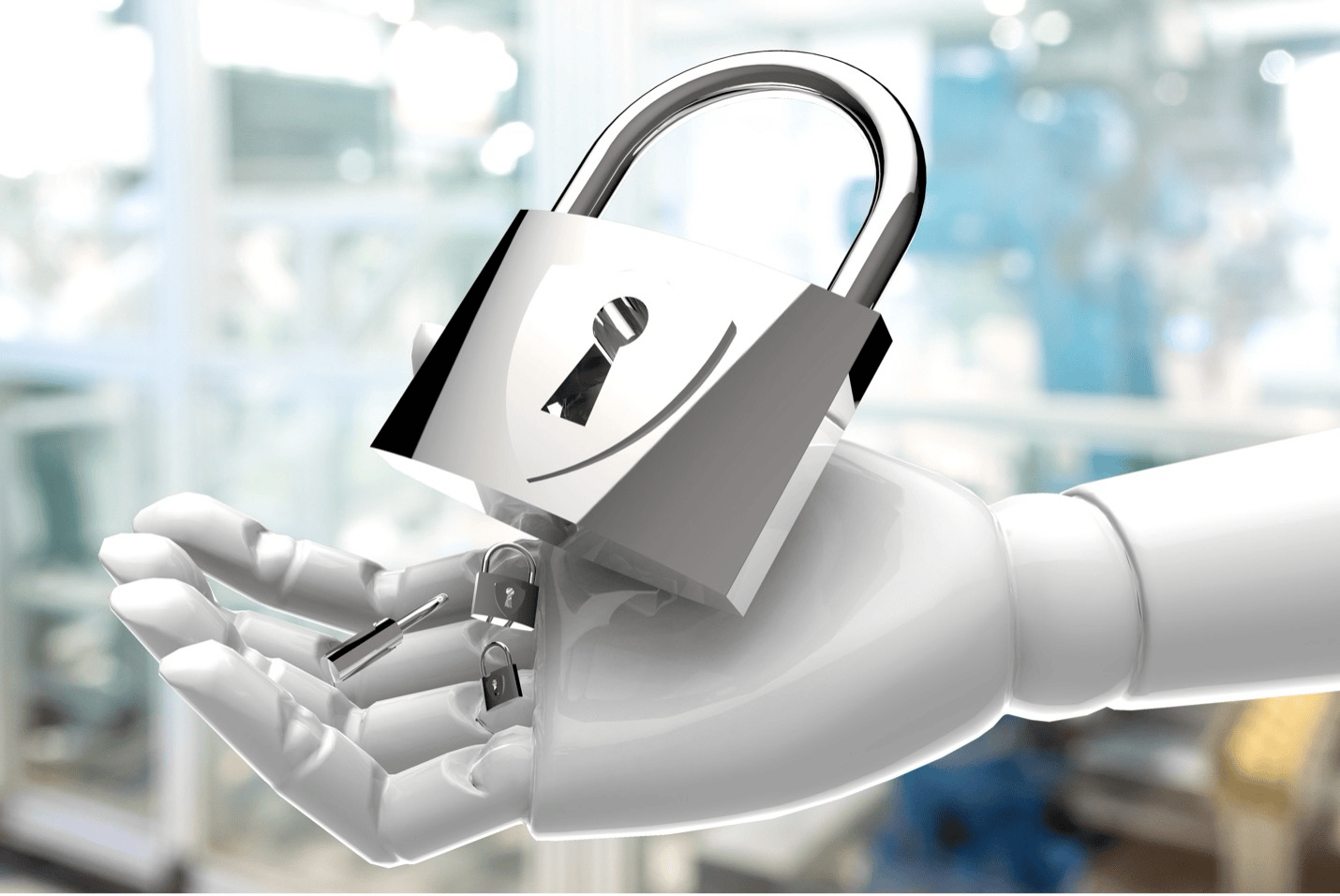
Adapting to the Age of Automation: Workforce Changes in the Cybersecurity Industry

The rapid integration of automation in the cybersecurity industry is not just transforming how we protect digital assets; it is also reshaping the workforce itself. As cybersecurity processes become increasingly automated, the roles and skills required of cybersecurity professionals are evolving. Understanding these changes is crucial for current and aspiring cybersecurity professionals to stay relevant in this dynamic field.
New Skills for a New Era
- Technical Proficiency with Automated Tools: With the rise of automated security solutions, professionals need to be adept at working with advanced software that can predict, detect, and respond to threats autonomously. This requires a deep understanding of how these tools work and the ability to interpret and monitor their outputs accurately.
- Data Science and Analytics: Automation generates vast amounts of data. Cybersecurity professionals must now have the skills to analyze this data effectively. Proficiency in data analytics helps in understanding trends and patterns that could indicate underlying security threats.
- AI and Machine Learning Knowledge: As artificial intelligence (AI) and machine learning (ML) become central to automation in cybersecurity, understanding these technologies is essential. Professionals should be familiar with the basics of AI and ML, including how these technologies can be applied to enhance security measures.
Evolving Roles
- Cybersecurity Analysts: While much of the grunt work of monitoring and responding to threats can be automated, the role of the cybersecurity analyst is evolving to focus more on strategic threat analysis and oversight. Analysts are now expected to handle more complex problems that require creative thinking beyond what AI can offer.
- Incident Response Specialists: The speed of automated systems can detect and mitigate threats more quickly than ever before. Incident response professionals must now focus on improving these systems, fine-tuning response protocols, and managing the aftermath of security breaches more efficiently.
- Compliance and Assurance Managers: As regulations continue to evolve, there is a growing need for professionals who can ensure automated systems comply with new and existing laws. This role is crucial in maintaining trust and legal compliance in automated processes.
Staying Relevant
- Continuous Learning: The field of cybersecurity is rapidly changing, driven by both technological advances and evolving cyber threats. Professionals must commit to lifelong learning, staying updated with the latest technologies, threats, and defense strategies.
- Specialization: Given the complexity and breadth of cybersecurity, professionals may find it beneficial to specialize in particular areas such as AI security, cloud security, or regulatory compliance. Specialization can provide a competitive edge in the job market.
- Soft Skills:As automation takes over more technical tasks, soft skills such as leadership, strategic thinking, and effective communication are becoming increasingly important. These skills help professionals manage teams, make strategic decisions, and convey complex information clearly and concisely.
The age of automation is bringing about profound changes in the cybersecurity industry. While some may view these changes as a challenge, they also offer numerous opportunities for professionals willing to adapt and evolve. By developing new skills and embracing the shifting landscape, cybersecurity professionals can ensure they remain valuable contributors to their organizations and protectors of our digital world. This ongoing transformation demands not just technical skills but also a flexible

Dan Singer | CEO
Seasoned executive with over 20 years of tech industry leadership, distinguishing himself through strategic roles across cybersecurity, system integration and broad-spectrum consultation.
The force multiplier for security teams.
Welcome to the new age of predictive cybersecurity.
Leverage the power of AI to discover and prioritize cybersecurity risks, vulnerabilities and misconfigurations across your entire environment

